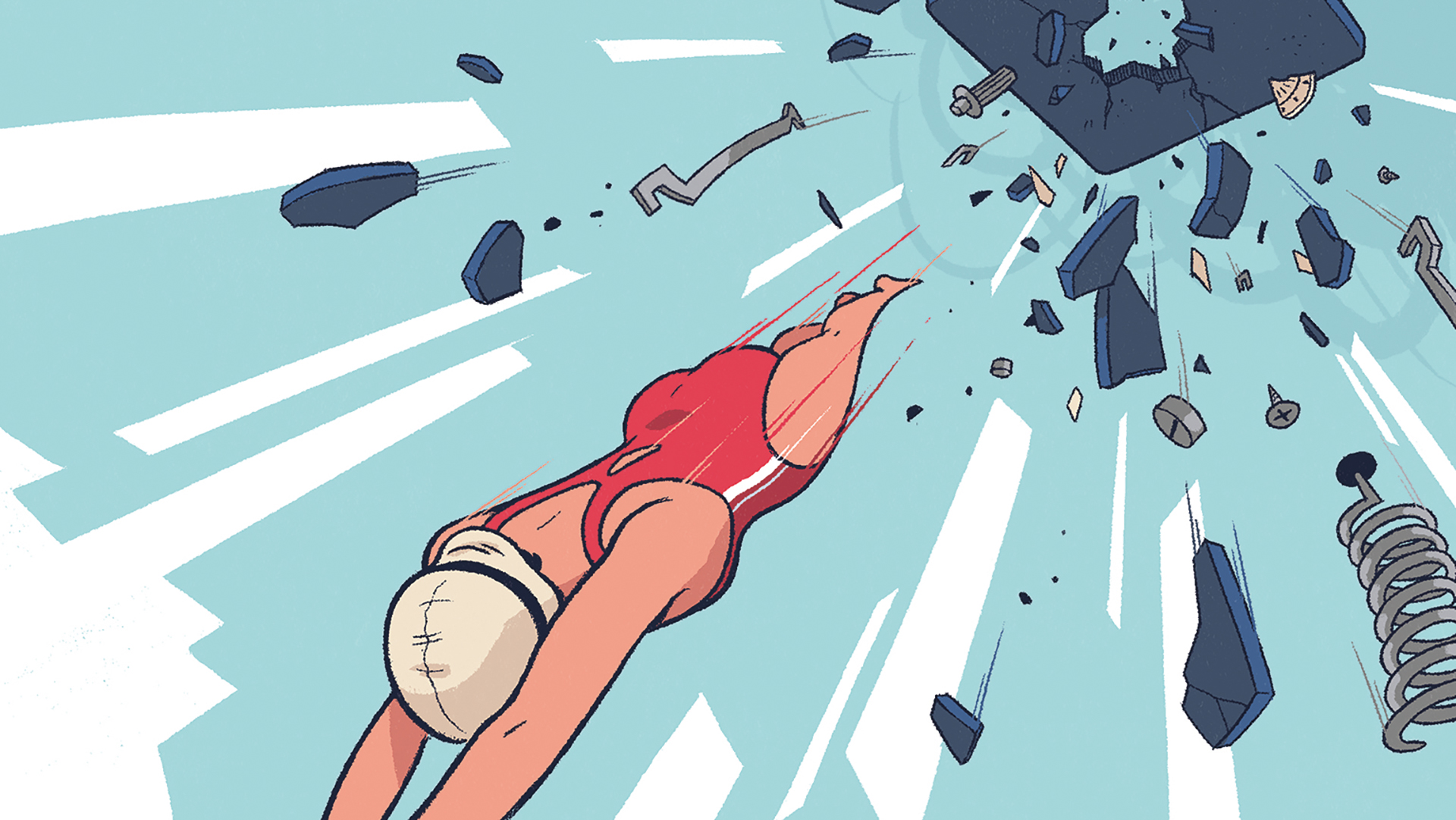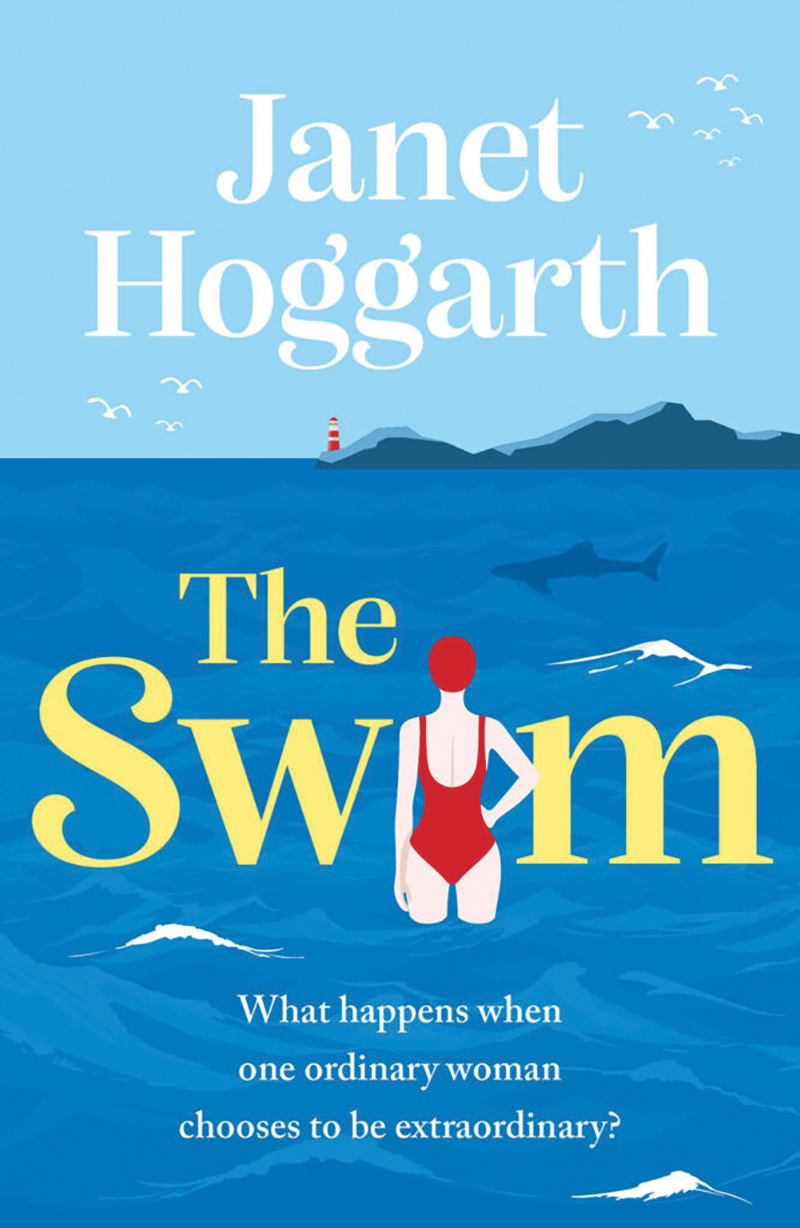I first became aware of my body aged 14 after being told I had a ‘good figure’. Then someone else mentioned I was too skinny, but later, aged 15, a teenage boy at the running club I was a member of commented that my bum resembled a sack of potatoes. He’d said it to generate laughs while we ran hard for five miles during training.
I didn’t find it funny; I went home and weighed myself. I felt ugly and fat and shameful. I immediately went on a diet, masking it as a bit of a joke to my family.
- From smoking and nerve gas to poor quality air: How the act of breathing became political
- Lobular breast cancer patients like me deserve better. Will Wes Streeting finally help us?
- I’m 18 and bed bound with long Covid. This is what it’s like to be held hostage by your own body
In a bid to ‘watch her weight’, which was a pervasive 80s narrative, my mum had labelled certain foods ‘good’ or ‘naughty’. Taking this as a guide, I consumed only low-fat food from the ‘good food’ group. It was the decade that cottage cheese ruled! I lost the mythical half stone without reaching nirvana, further snubbing griping hunger pains, quickly becoming even more preoccupied by food, calories, the size of my thighs and being ‘thin’. A few friends were also on diets and we’d test each other on the calorific values of everything, thus normalising restricted eating.
Eventually, unable to cope on less than one thousand calories a day and badly missing chocolate, I succumbed to the hopelessness of bulimia as an occasional quick fix in the battle of the bulge. This covert purging soon spiralled out of control after my parents split up. My teeth started crumbling and daily exhaustion flattened me, yet being thin was all that mattered.
When I initially sat down to write The Swim, revisiting my eating disorder was never part of the plan. Mostly because a cloak of shame surrounds it, but also because until now I’ve never talked about it in forensic detail, especially to my family, particularly not the children.
In my new book, everywoman Cordelia Franks is training to swim the English Channel – more people have conquered Everest. I had to dream up a character that readers could identify with, someone held back by something her entire life so that swimming the Channel becomes like crossing the Rubicon.










